Alcohol Withdrawal Symptoms
Alcohol withdrawal symptoms can occur in individuals who have developed a physical alcohol dependence and suddenly stop or reduce their alcohol consumption.
These symptoms can range from mild to severe. They can include tremors, sweating, insomnia, anxiety, and in extreme cases, seizures and delirium tremens.
Not everyone who drinks alcohol will experience withdrawal symptoms, and the severity of symptoms can vary depending on the individual’s level of dependence.
The onset can occur as soon as several hours after the last drink, with peak symptoms occurring between 24-48 hours after cessation. However, these symptoms can last for a week or more. Therefore, it is important to seek professional help if you are experiencing any symptoms of alcohol withdrawal.
With the proper medical treatment, the symptoms of alcohol withdrawal can be managed, and the individual can begin the recovery process.
There are several options and approaches to addressing problematic drinking, and it’s essential to understand what best suits your particular lifestyle or situation. Contact us at the Alpine Recovery Center for more information. We are the best Colorado Medicaid alcohol rehab program. Call us at 720-704-2883.

How Alcohol Dependence is Developed
When an individual consistently drinks alcohol over a prolonged period, their brain and body adapt to the presence of the substance. As a result, the individual may experience withdrawal symptoms when they stop or reduce their alcohol consumption, as their brain and body can no longer function normally without it.
Alcohol dependence can develop in various ways, such as through regular heavy drinking, binge drinking, or using alcohol to cope with stress or other emotional issues. Additionally, specific individuals may be genetically predisposed to alcohol addiction and withdrawal symptoms, making them more vulnerable to developing alcohol dependence.
The different types of treatment options available for managing alcohol withdrawal symptoms include:
- Detox: Detox is the process of allowing the body to rid itself of the toxins associated with alcohol addiction. This typically involves a period of supervised withdrawal in a hospital or rehab facility. During this time, the individual will be closely monitored for complications or severe withdrawal symptoms. Medications may be prescribed to ease withdrawal symptoms and make the process more comfortable.
- Medication: Several medications can be used to manage alcohol withdrawal symptoms, such as benzodiazepines, which can help to reduce anxiety and seizures, and anticonvulsants, which can help to prevent outbreaks. Some of the more commonly used medications include diazepam (Valium), lorazepam (Ativan), and chlordiazepoxide (Librium).
- Behavioral therapy: Behavioral therapies such as cognitive-behavioral therapy (CBT) and motivational interviewing (MI) can help individuals to identify and change the thoughts, feelings, and behaviors that contribute to their alcohol addiction. These therapies can also provide individuals with the tools and strategies they need to maintain long-term sobriety and prevent relapse.
- Support groups: Support groups such as Alcoholics Anonymous (AA) provide a safe and supportive environment where individuals can share their experiences, struggles, and successes in recovery. Support groups can help individuals to feel less alone in their journey and provide a sense of community and accountability.
It’s important to note that each individual’s treatment plan should be tailored to their specific needs and may include a combination of the above treatment options. A variety of medical, therapeutic, and behavioral interventions is often the most effective way to manage alcohol withdrawal symptoms and support long-term recovery.
If you or a loved one are experiencing alcohol withdrawal symptoms and are looking for treatment options, consider reaching out to Alpine Recovery.
We offer various treatment options, including detox, medication, behavioral therapy, and support groups to help individuals manage their withdrawal symptoms and begin the process of recovery via Medicaid as insurance, so you can get the help you need without worrying about the cost. Contact Alpine Recovery today at 720-704-2883 and take the first step towards a healthier, sober life.

FAQ – Alcohol Withdrawal Symptoms
What are alcohol withdrawal symptoms?
Alcohol withdrawal symptoms can include tremors, sweating, insomnia, anxiety, and in severe cases, seizures and delirium tremens. These symptoms can occur in individuals who have developed an alcohol dependence and suddenly stop or reduce their alcohol consumption.
How long do they last?
The onset of alcohol withdrawal symptoms can occur as soon as several hours after the last drink, with peak symptoms occurring between 24-48 hours after cessation. These symptoms can last for a week or more.
Will everyone who drinks alcohol experience withdrawal symptoms?
No, not everyone who drinks alcohol will experience withdrawal symptoms. The severity of symptoms can vary depending on the individual’s level of dependence.
How can I manage withdrawal symptoms?
It is important to seek professional help if you are experiencing any symptoms of alcohol withdrawal. With the proper medical treatment, the symptoms of alcohol withdrawal can be managed, and the individual can begin the recovery process.
Can alcohol withdrawal symptoms be life-threatening?
In severe cases, alcohol withdrawal symptoms can be life-threatening. Therefore, seeking immediate medical attention is essential if you or someone you know is experiencing seizures or delirium tremens.
Can drinking again prevent withdrawal symptoms?
No, drinking again will not prevent alcohol withdrawal symptoms; it will only prolong the addiction, and the withdrawal symptoms will occur again and again.
How can I prevent alcohol withdrawal symptoms?
The best way to prevent withdrawal symptoms is to avoid developing a physical dependence on alcohol in the first place. This can be achieved by drinking in moderation and avoiding binge drinking. If you think you may have a problem with alcohol, it’s essential to seek help and support.

Alpine Recovery Center – Colorado Medicaid Cover
At the Alpine Recovery Center, we are an established Colorado Medicaid addiction center. We offer online and in-person substance abuse treatment for adults covered by Medicaid. We work hard to ensure you achieve sobriety and success in your journey.
We provide lasting solutions and outpatient care programs to individuals and their families suffering from these conditions. Call us today at 720-704-2883 if you are wondering what rehab does Colorado Medicaid cover?




